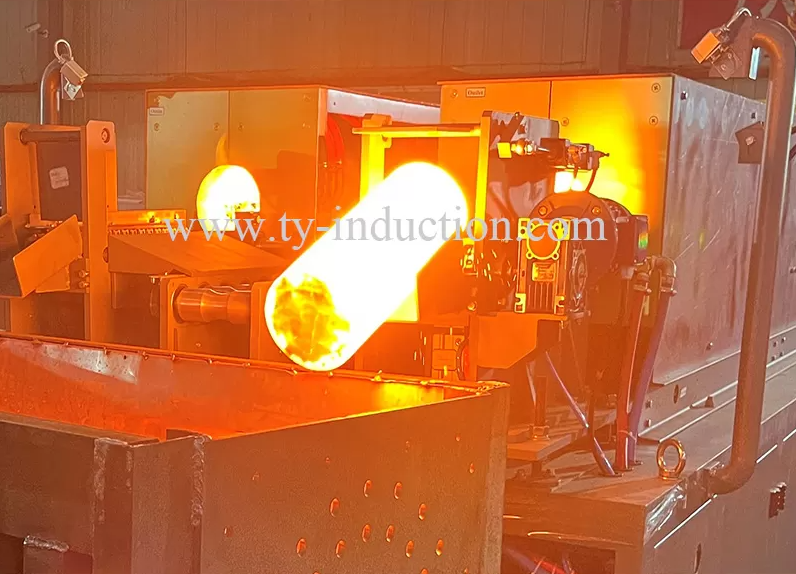What Are the Advantages of Induction Forging?
Induction forging is a cutting-edge manufacturing process that uses electromagnetic induction to heat metals before shaping them. This method is widely adopted in industries like automotive, aerospace, and construction due to its precision and efficiency. But what makes induction forging so advantageous? Let’s explore its key benefits.
Precision Heating for Consistent Quality
One of the standout features of induction forging is its ability to heat specific areas of a metal piece with pinpoint accuracy. Unlike traditional heating methods, induction ensures uniform temperature distribution, reducing the risk of hot spots or uneven heating. This precision translates to improved quality and consistency in the forged products.
Example: Automotive manufacturers use induction forging to produce crankshafts and gears with exceptional uniformity, ensuring reliable performance over time.
Energy Efficiency and Cost Savings
Induction forging is highly energy-efficient. The process directly heats the metal, minimizing energy loss and reducing operational costs. Compared to conventional furnaces, induction systems consume significantly less power, making them an eco-friendly option for modern manufacturers.
Tip: Businesses can lower their energy bills by transitioning to induction forging, particularly in high-volume production scenarios.
Enhanced Productivity and Speed
Time is a critical factor in any manufacturing process. Induction forging excels in this area by rapidly heating metals to the desired temperature. This efficiency allows for quicker production cycles, helping manufacturers meet tight deadlines without compromising quality.
Fact: Induction heating can often reduce heating times by up to 50% compared to traditional methods, significantly boosting overall productivity.
Improved Workplace Safety
Safety is paramount in industrial settings, and induction forging contributes significantly to a safer working environment. Since the process minimizes exposure to open flames and excessive heat, the risk of burns and other heat-related accidents is drastically reduced.
Did You Know? Induction systems are designed with safety in mind, featuring advanced controls to prevent overheating and ensure operator protection.
Environmentally Friendly Process
With increasing emphasis on sustainability, induction forging stands out as an eco-conscious manufacturing method. Its energy efficiency reduces greenhouse gas emissions, and the absence of combustion makes it a cleaner process overall.
Example: Companies in the aerospace sector are adopting induction forging to align with green manufacturing initiatives and reduce their carbon footprint.
Versatility Across Industries
Induction forging is not limited to a single type of metal or product. It can be applied to a wide range of materials, including steel, aluminum, and titanium, making it a versatile solution for diverse industries.
Tip: If you’re considering induction forging, consult with experts to determine the best system for your specific material and production needs.
Common Questions About Induction Forging
How does induction forging compare to traditional forging?
Induction forging is faster, more energy-efficient, and safer than traditional forging methods. It also offers greater precision and uniform heating, resulting in superior product quality.
What metals can be used in induction forging?
Induction forging machine works well with ferrous and non-ferrous metals, including steel, aluminum, and titanium, making it suitable for a variety of applications.
Is induction forging cost-effective for small-scale operations?
While induction systems require an initial investment, their energy efficiency and reduced operational costs make them cost-effective in the long run, even for smaller operations.
Conclusion
Induction forging offers numerous advantages, from precision and efficiency to improved safety and environmental benefits. Whether you’re in automotive, aerospace, or another industry, adopting this innovative process can lead to better products and lower costs. If you’re considering upgrading your manufacturing processes, induction forging is worth exploring.
Have questions about induction forging? Share them in the comments, and let’s discuss! please contact TY-induction
If you are interested in sending in a Guest Blogger Submission,welcome to write for us!


Comments
0